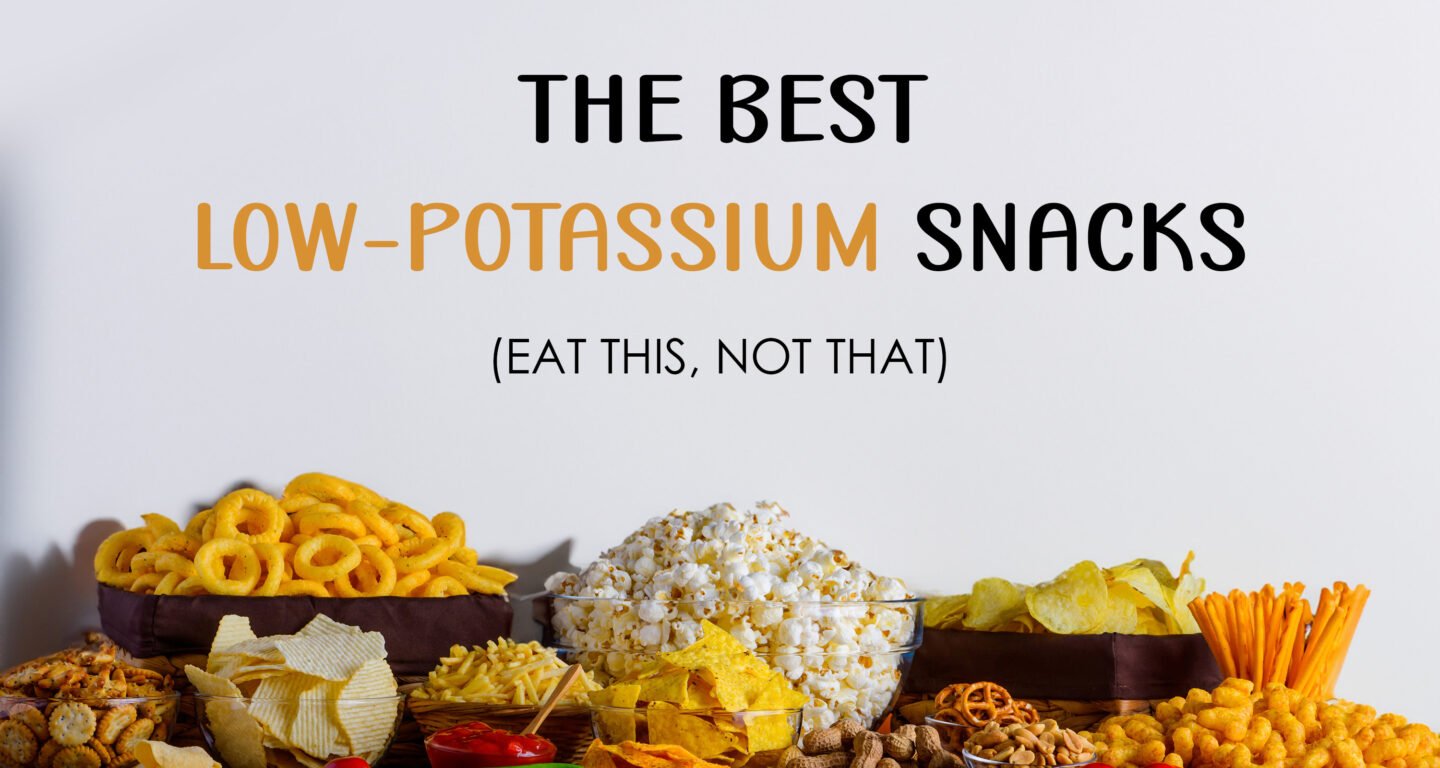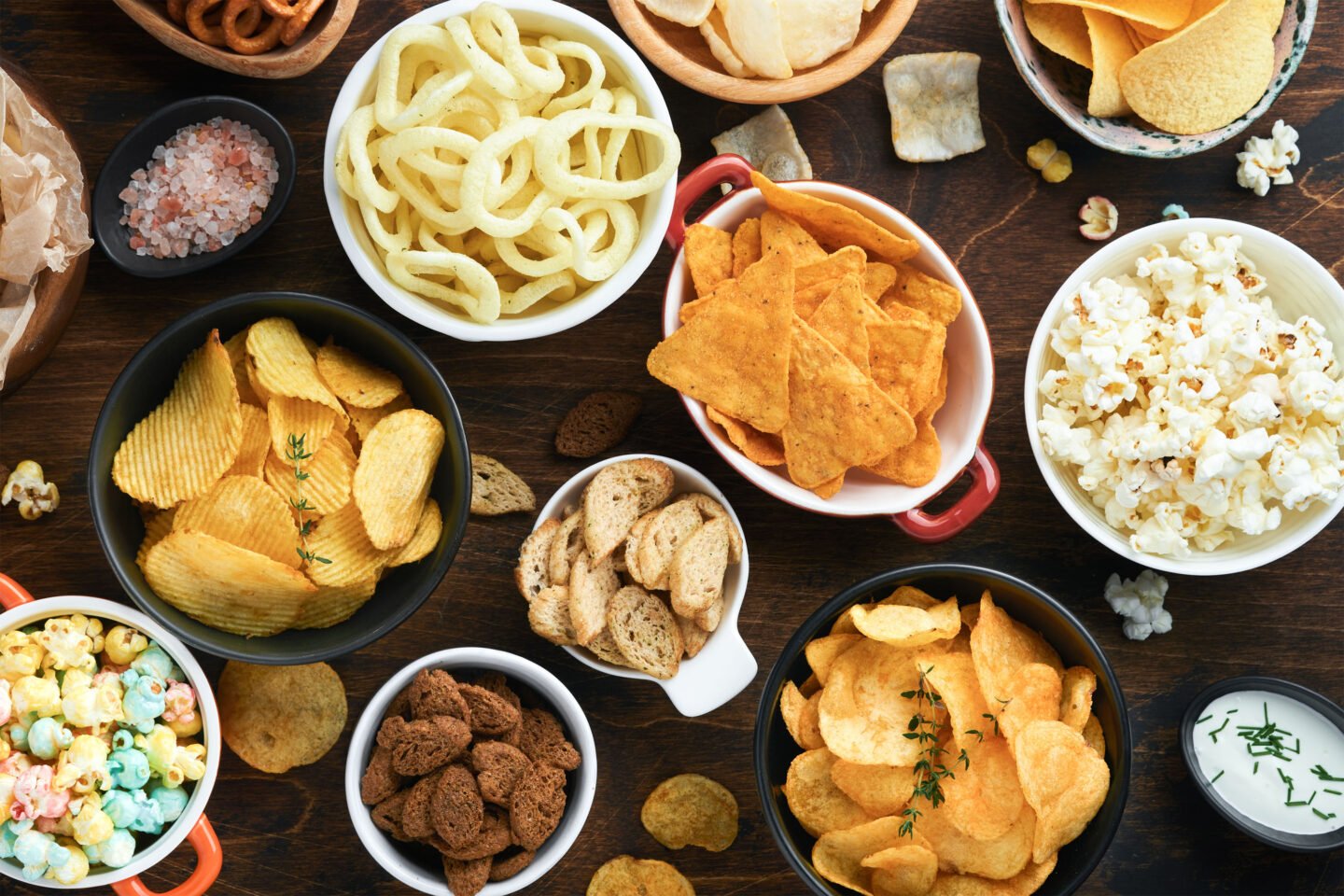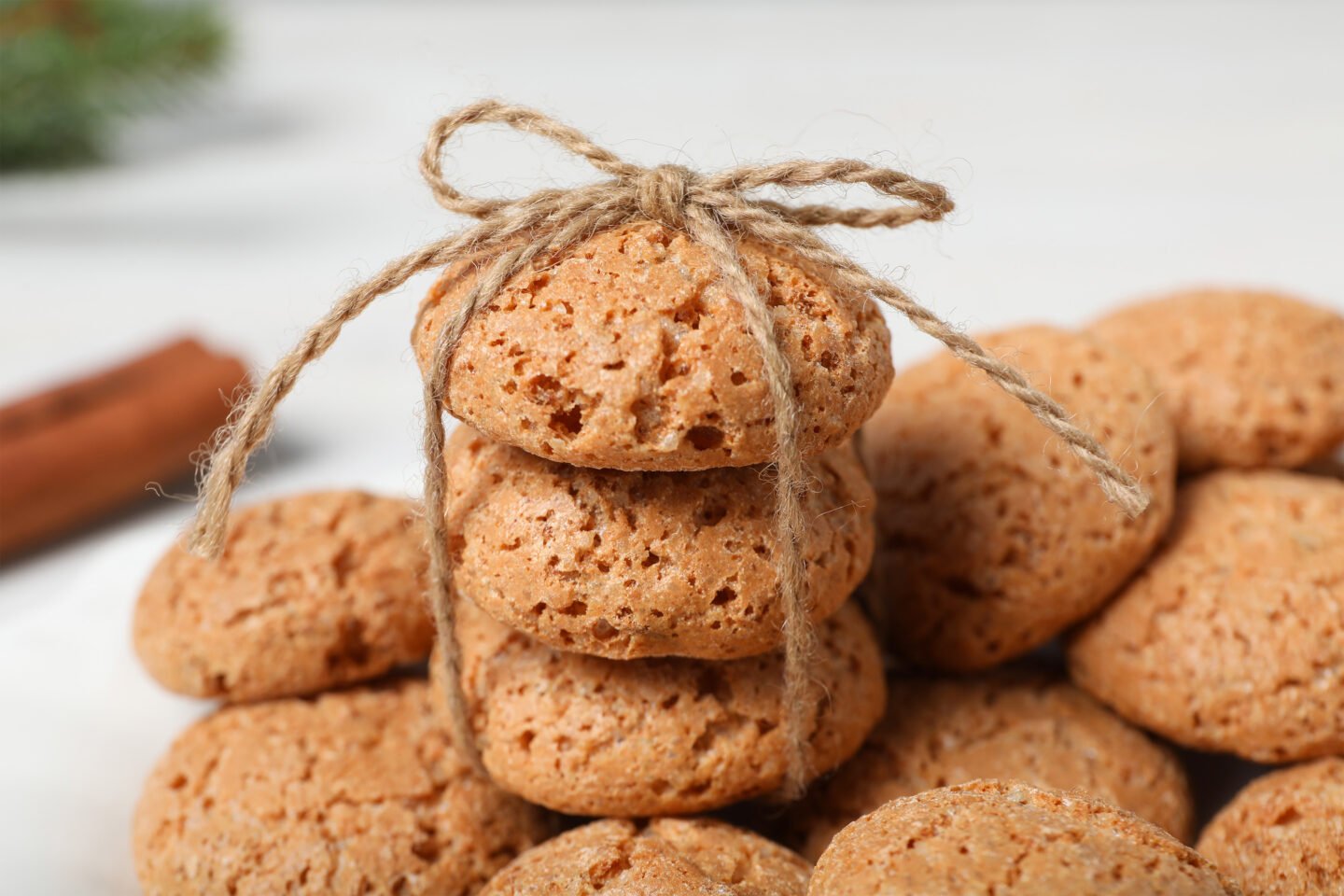Everyone needs at least some potassium in their diet, as it's essential for several bodily functions, including muscle contractions and maintaining intracellular fluid balance. It occurs naturally in many foods, including fruits, vegetables, and fish.

However, many people follow a diet aimed at increasing or decreasing their intake of specific nutrients, such as the low-potassium diet, followed by those with kidney disease. Followers of these diets must know the potassium content of common foods and ensure they stay within the daily limit recommended by their doctor.
Low-potassium snacks, such as potato chips, popcorn, or rice cakes, can help those on such a diet stay within their daily limit. Some are rich in other nutrients while being low in potassium.
Table of Contents
What Does Potassium Do for Your Body?
Potassium regulates blood pressure and heartbeat and is essential for protein synthesis and carbohydrate metabolism.
It works with sodium to keep you hydrated and helps prevent stroke, heart attack, osteoporosis, and kidney stones.
The recommended daily intake for a healthy adult is 4700mg, but those with kidney disease may be recommended a lesser amount by their doctor, as their kidneys can't remove the excess.
Exceeding your daily intake could result in painful, frequent urination and stomach problems.
Don't know which foods are high in potassium? Read our article, 15 Best Food Sources of Potassium. We also have a guide to this important mineral: Potassium 101: All You Need To Know About Potassium.
READ ALSO: The Best High Potassium Snacks
What Are Some Sweet Low-Potassium Snacks?

If you're on a low-potassium diet, it may seem like all snacks contain too much sodium. However, many fit into your diet, including:
- Apples
- Blueberries
- Grapefruit
- Peaches
- Angel or yellow cake
- Plain cookies
- Chocolate-free cake
These are all safe for those with kidney issues, and the fruits are nutritious.
If you're craving a sweet treat, plain cookies or chocolate-free cakes are the safest choices. Most types of chocolate are high in potassium.
What Are Some Savory Low-Potassium Snacks?
Although some aren't particularly healthy, most savory snacks are low in potassium, including:
- Pasta
- Noodles
- Bread
- Radishes
- Potato chips
- Popcorn
- Rice cakes
Some of these are also reasonably nutritious.
Savory snacks are better than sweets, as they don’t stimulate cravings for more.
Drinking enough water when snacking is essential, as this helps your kidneys remove excess potassium.
Can Eating Low-Potassium Snacks Lead to Potassium Deficiency?

Snacking on low-potassium foods is highly unlikely to lead to a potassium deficiency.
Potassium levels tend to drop after a hard workout or course of antibiotics, but they usually normalize when your body’s electrolytes are back in balance.
Such a temporary decrease shouldn’t cause any problems; however, contact your doctor if you notice muscle weakness or an irregular heartbeat.
Don't know which foods are high in potassium? Read our article, 15 Best Food Sources of Potassium. We also have a guide to this important mineral: Potassium 101: All You Need To Know About Potassium.
